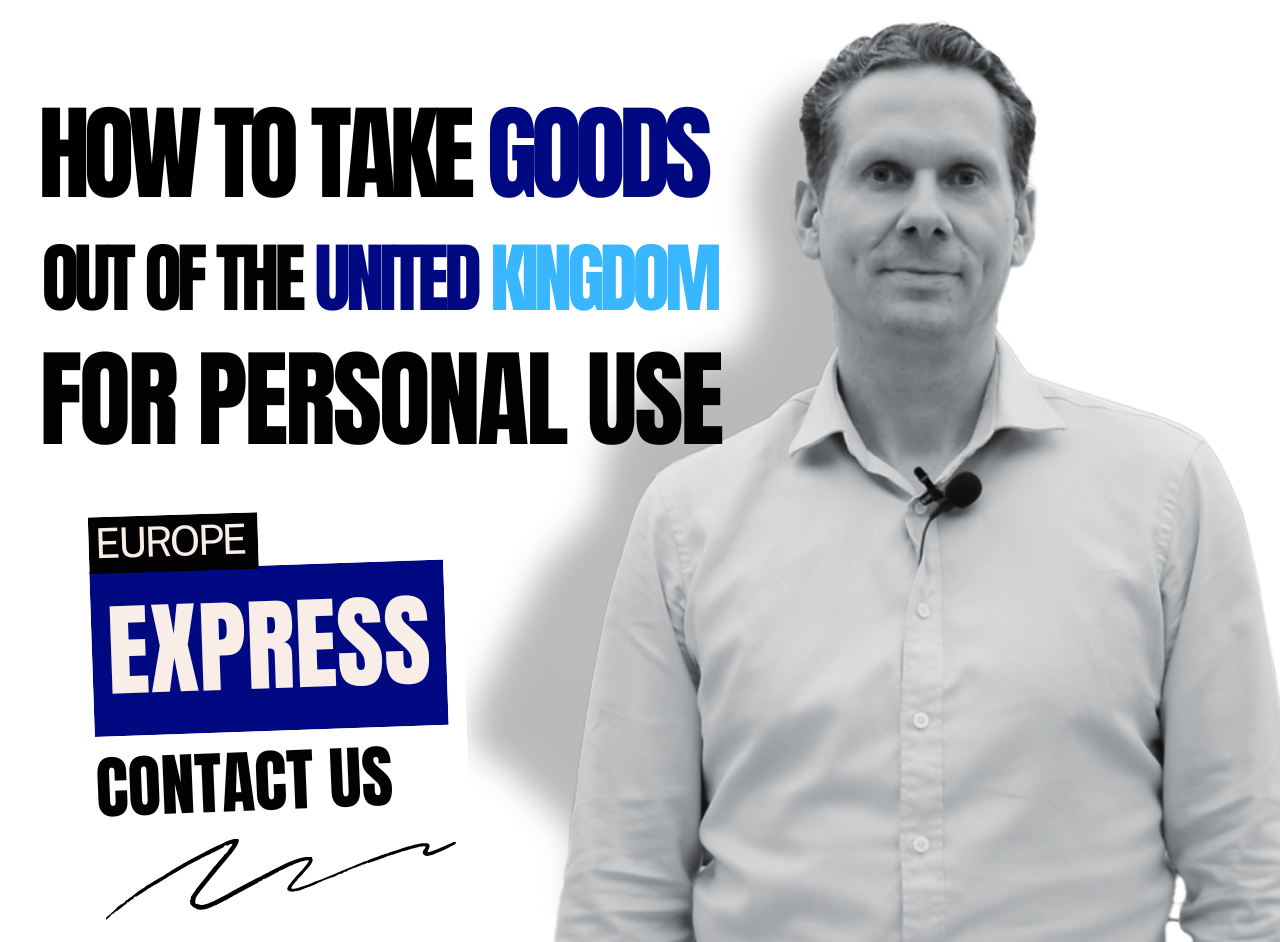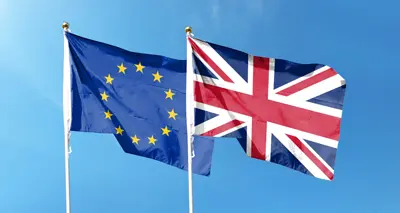How to Take Goods Out of the UK for Personal Use?
With a few clicks, experience
the best in customs clearance service and get the job done fast.
Start by filling out the form below. It’s as easy as that!


